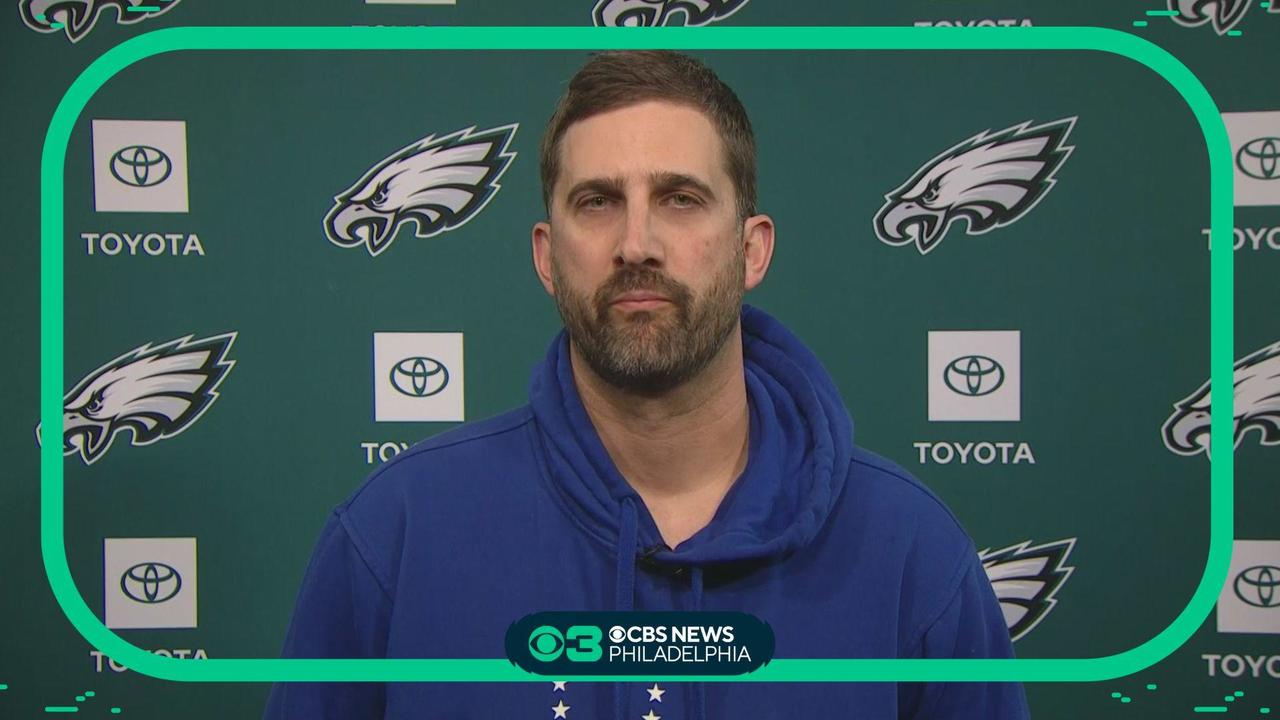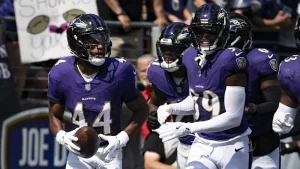
Eagles allude to a backup plan in case things with Reddick don’t work out./cloudfront-us-east-1.images.arcpublishing.com/pmn/3D4TGIHHGFD73EOEUHP5WEPPI4.jpg)
The delicate equilibrium between past performance and future potential is where the value of NFL decision-makers becomes evident. The Philadelphia Eagles find themselves in a precarious position with Haason Reddick, a 29-year-old undersized edge-rusher entering the final year of his contract. Reddick, while being underpaid, also poses a challenge to the team’s salary cap. Seeking a resolution, the Eagles granted Reddick’s agent, Tory Dandy, permission to explore trade possibilities.
This strategic move allows Reddick to assess his value not only to the Eagles but also across the league. The Eagles acknowledge Reddick’s impressive performance, tallying 27 sacks over two seasons (30 ½ including the postseason) under his original contract. However, given his unique physical attributes at 6-foot-1 and 240 pounds, not every defensive scheme may find him suitable. The objective is to find a middle ground between Reddick’s worth and the $25 million earned by Myles Garrett.
General Manager Howie Roseman and Vice President of Football Transactions and Strategic Planning Bryce Johnston likely aim to negotiate a figure below $20 million. They may propose a short-term extension of one or two years to alleviate the burden of Reddick’s cap number, set to be just under $22 million for the upcoming season — the highest on the team. This approach has proven successful in the past with players like cornerback Darius Slay and defensive tackle Fletcher Cox.
However, Reddick’s case presents a unique challenge due to the elevated cost of his position, making him the youngest player the Eagles have attempted this strategy with. The uncertainty is further highlighted by the Eagles signing two futures deals with third-round edge defenders from outside the organization, namely Julian Okwara and Terrell Lewis. Okwara, a 26-year-old former No. 67 overall pick from Notre Dame, joined the Eagles on a futures deal, showcasing the team’s commitment to unconventional thinking.
While the period between the Super Bowl and the start of the NFL’s new league year is not conducive to major personnel moves, the Eagles have still made intriguing additions. Okwara, along with Lewis and other acquisitions, represents a proactive approach to building depth and contingency plans. If negotiations with Reddick do not yield a favorable outcome, the Eagles could adopt a Moneyball strategy, aiming to replace his production with multiple players at a lower combined cap cost. This forward-thinking approach aligns with the philosophy of maximizing value and wins, similar to the principles embodied by Billy Beane in baseball.



